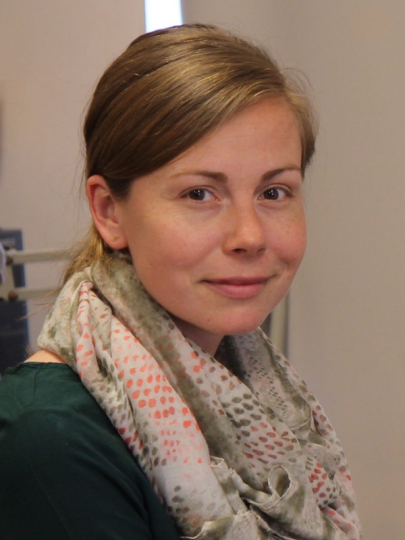Michalina GoraLaboratoire des sciences de l'ingénieur, de l'informatique et de l'imagerie (ICube) - CNRS / Université de Strasbourg / INSA Strasbourg / ENGEES
Mes recherches
My research focuses on answering clinical needs linked to early diagnosing and minimally invasive treatment by combining microscopic imaging methods with medical robotics. I obtained my PhD in 2010 at the Institute of Physics, Nicolaus Copernicus University in Torun, Poland. Following the completion of my doctoral research I was a post-doctoral researcher in the group of Prof. Guillermo Tearney at the Wellman Center for Photomedicine at the Massachusetts General Hospital and Harvard Medical School. After 3 years I was promoted to a junior faculty Instructor position at Harvard Medical School. In 2015 I was recruited by the French National Center for Scientific Research (CNRS) and I am leading a research group in the ICube Laboratory in Strasbourg supported by ATIP-Avenir grant. My group is working closely with medical doctors and is participating in collaborative grants locally funded by INSERM Plan Cancer and internationally as a part of H2020 ITN ATLAS consortium.
Mon projet ATIP-Avenir
Diagnostics and treatment of colorectal cancer with OCT enhanced robotic endoscope
CRC-OCT
In France, there are 40,500 new cases of colorectal cancer every year and it is critically needed to efficiently diagnose and treat the disease as early as possible. Unfortunately, current standard of care relies on simple visual inspection of the intestinal mucosa through a color video-endoscope that is not sufficient for early detection. Additionally, even though endoscopy enabled minimally invasive treatment of the early cancer that it is limited by the requirement of more than one trained doctor to manipulate the endoscope and therapeutic instruments. The main goal of this research project is to address this problem by developing a new method for minimally invasive treatment, where a single doctor assisted by real-time and in-situ characterization of lesions and their margins can perform the procedure in the most efficient manner. We propose to combine the Optical Coherence Tomography (OCT), an emerging optical diagnostic method, with robotized delivery system to advance colorectal cancer management. A fusion of these two unique methods can become a new technology platform that offers improvement of treatment, as well as novel solutions for screening with high patient comfort.
